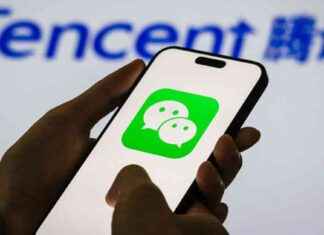Donald Trump is not the first public official to tweet. In 2015, Twiplomacy found that 153 of 193 countries had established Twitter accounts, with 505 Twitter handles used by world leaders and their foreign ministers. Hillary Clinton announced her bid for the U.S. presidency on Twitter, and Twitter is credited with promoting the era-changing handshake between Barack Obama and Fidel Castro.
Research from Yonsei University in South Korea confirms that politicians with more extreme views have more Twitter followers, both nationally and internationally. This association is to be expected, given that the Twitter medium is one of reduced nuance, minimal layering of ideas and linguistic urgency; so the more radical the tweet, the better it plays.
Most leaders, extreme or otherwise, have delegated the tweeting function to their public relations specialists, however — people trained in the art of communication. But not our new president. His love of Twitter, and personal connection to the medium, has persisted through the campaign phase into the White House, much to the chagrin of his handlers, the mainstream media and those he offends, all of whom find themselves in the awkward position of having to take 140-contextless characters at face value.
For media, reporting the "facts" — the exact words in the tweet — at times co-opts journalists in a disinformation/defamation campaign and offers the public little in the way of detail or substance. At its worst, such tweet re-broadcasting furthers the echo chamber effect and can make presidential lies sound like truth. But while many acknowledge that parroting of tweets is a disservice, how else can journalists cover a president who prefers this mode of communication? Especially when it seems to be working so well for him.
Conservatives in general have taken to Twitter better than their liberal counterparts, with Republicans significantly out-tweeting incumbent Democrats as early as 2009. Not only have Republicans tweeted more, but in the last election the tweets were qualitatively different. Delroy Paulhus, a psychology professor at the University of British Columbia, found Ms. Clinton’s tweets focused on public issues, while most of Mr. Trump’s tweets involved sharing citizens’ supportive quotes. Her tweets were more sophisticated in vocabulary and production (she used multimedia) while most of his tweets were text only — and a large percentage of them were, shall we say, uncivil. So Ms. Clinton’s communication savvy was trumped by Mr. Trump’s communication vitriol, just like on an elementary school playground. The "extreme" tweets won. The more politicians send out these kinds of messages, it seems the better they do in their political races.
While tweeting has been hailed as potentially of great benefit in educating the public and keeping civic life interactive, like all good ideas, we are seeing the dark underbelly of this medium, which makes it all too easy to attack people while hiding behind a screen.
The simple availability of tweets cannot be an automatic green light to rebroadcast them without analysis; they deserve the same kind of vetting and scrutiny of any other kind of information, most of all a consideration of whether they’re actually newsworthy or just sensational. While freedom of speech protects the personal statements of our public officials, the media must not let our leaders transform these 140 characters into an unfiltered, hateful propaganda tool.
Linda Berg-Cross is a faculty member in the psychology department of Howard University; her email is lindabergcross@gmail.com.
Our editors found this article on this site using Google and regenerated it for our readers.





